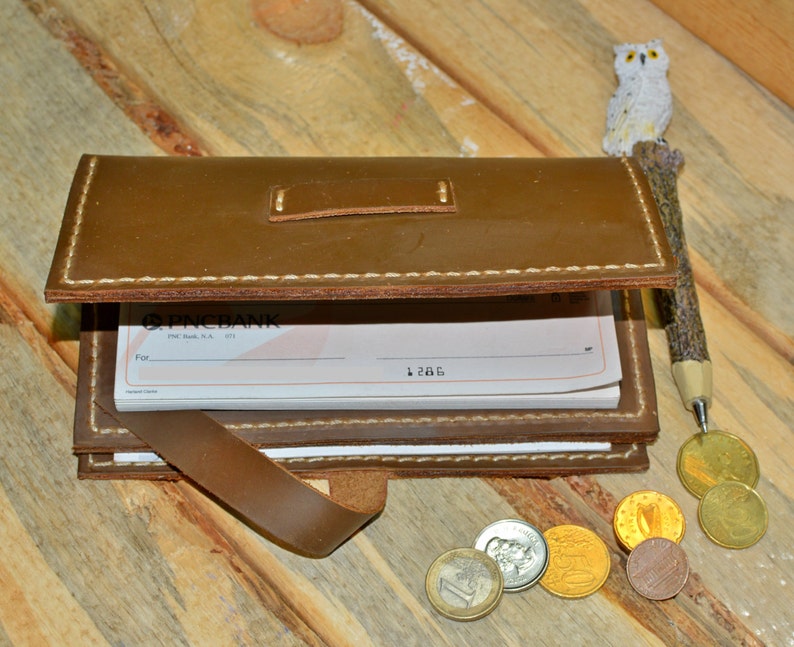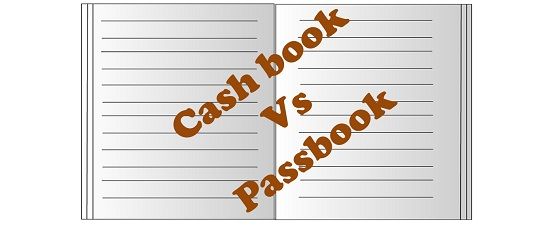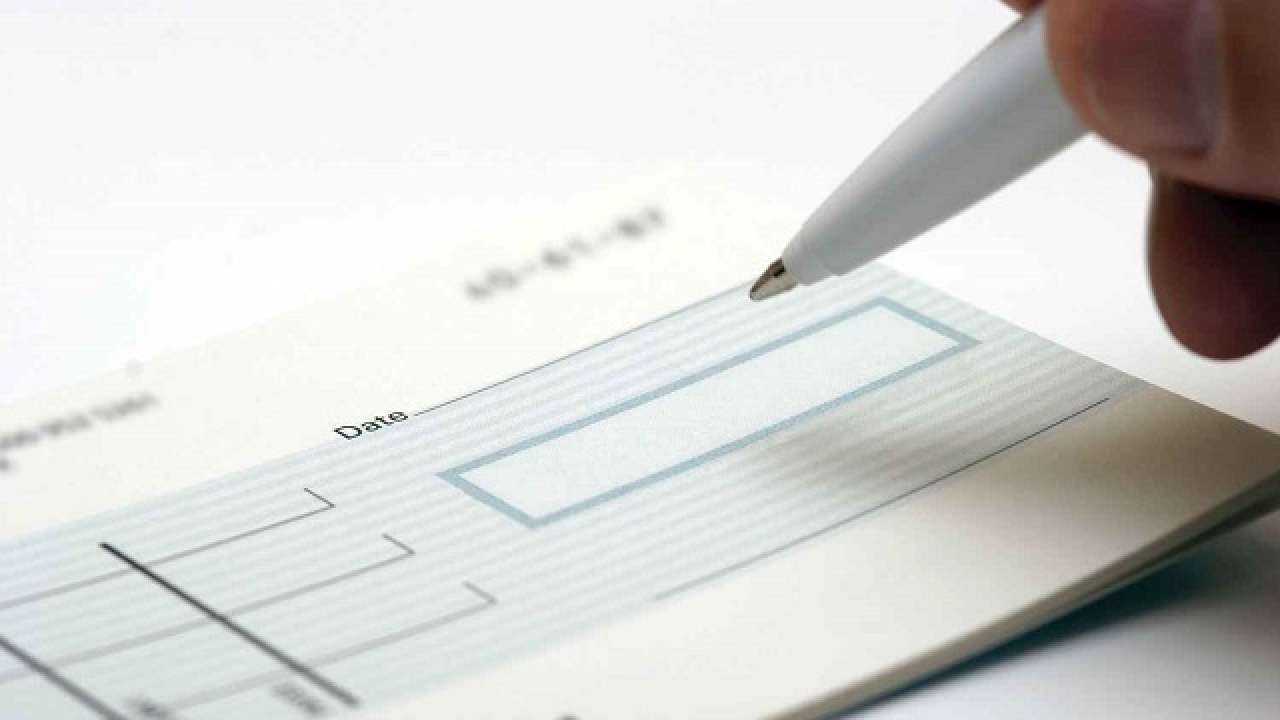
In addition to Apple Passbook, there are several informal passbook apps offered by banks. However, this goes a step beyond the traditional meaning of a passbook by also allowing users to store cards, coupons, event tickets, and boarding passes in a central location. For example, Apple Wallet is also called Passbook. You may have seen the term ‘passbook’ also used in relation to mobile apps and wallets.

In fact, some banks offer a digital passbook instead to facilitate electronic transactions. The bank will keep track of your transactions and interest rates through its computer system, whether or not you choose to hold a physical passbook in hand. However, today there is more technology involved than in the past. If the idea of visiting a bank branch in person and recording your details by hand is appealing, you can still find institutions offering passbook savings accounts. Bank customers would use a cheque book and passbook to balance their accounts. Any loan-related details would go here as well including the mode of payment.Įssentially, passbooks hearken back to a pre-internet form of banking when you’d need to meticulously keep paper-based records in the absence of computers and SMS alerts. Similarly for credit transactions, you’d use your passbook to keep track of deposit interest, receipts from third parties, and cash deposits. You’d also record all direct debit and pay order information, as well as details about self-payments to other accounts. How does a passbook work?Ī bank passbook is simply a physical log of your transactions, but what type of information should be recorded?įor debit transactions, you’d include all details about payments including payee name, method of payment, and name of the bank making a transfer. For example, a passbook savings account comes both with a physical notebook to record transactions, as well as competitive interest rates.

While most banks now offer paperless alternatives to the old-fashioned passbook, you can still find some accounts with a passbook attached. It records on paper the details of all banking transactions, including elements such as: What is a passbook?Ī bank passbook is a physical notebook held by bank account holders. But what are your options if you prefer a more traditional approach? A passbook savings account might be worth considering. With the ubiquity of mobile wallets and banking apps, most of us never set foot inside a bank anymore. With this, the number of public sector banks in India will come down to 12 from 27 in 2017.Banking has come a long way over the years. In the biggest consolidation exercise in the banking space, the government in August 2019 had announced the merger of 10 public sector lenders into four bigger and stronger banks. Besides, Syndicate Bank has been merged with Canara Bank, Andhra Bank and Corporation Bank merged with Union Bank of India, while Allahabad Bank has been merged with Indian Bank.
#CHEQUE BOOK AND PASSBOOK HOLDER UPDATE#
You have to get a new chequebook and passbook of the banks with which your old bank has been merged.Īfter getting the new chequebook, and passbook, you will have to update your banking details recorded in various financial instruments.ĭena Bank and Vijaya Bank were merged with Bank of Baroda on 1 April 2019, while the amalgamation of the Oriental Bank of Commerce (OBC) and United Bank of India with Punjab National Bank came into effect last year (1 April 2020).

If you are a customer of any of these banks, then you are required to update your details such as your mobile number, address, name of the nominee, etc. What are the account holders of these banks required to do?

Also Read | How India tightened the noose around OTT


 0 kommentar(er)
0 kommentar(er)
